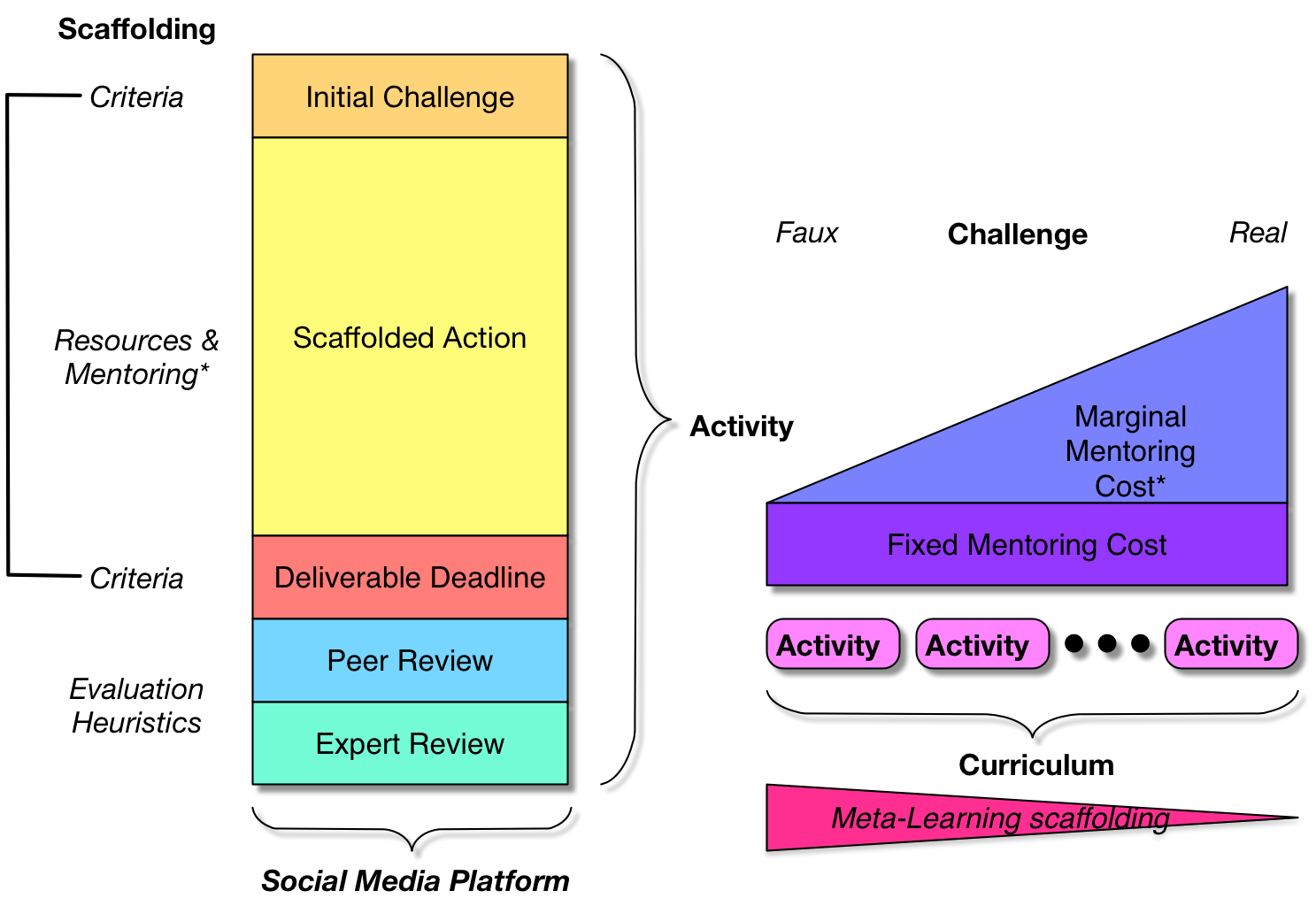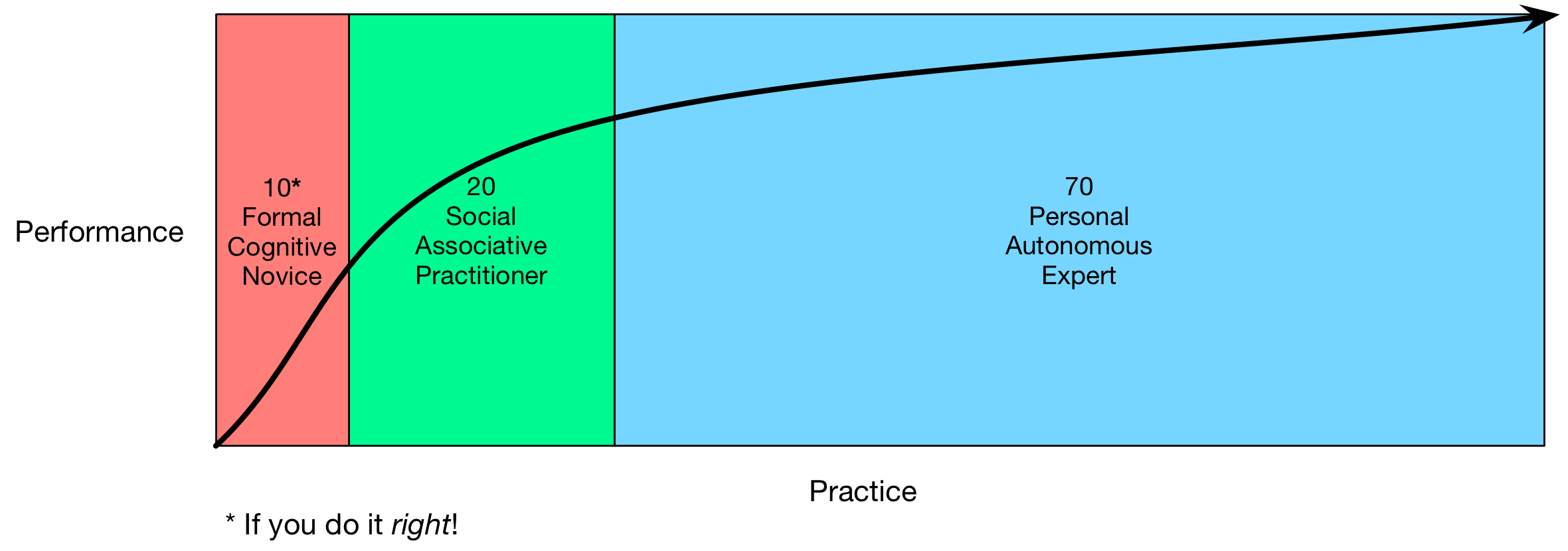I’ve been part of several online communities for some years now, and one just blew up. From the reasons why, I think that there are lessons to be had that go beyond personal to implications for L&D.
The thing that was critical to the success of the group was trust; you could trust it was safe to share opinions, seek out others’ help, etc. People ‘let it all hang out’, and that was a good thing. While it was risky, it worked because everyone was open and honest. Or so we thought.
Then something happened that broke the trust. What had been safe no longer was. And that undermined the very basis upon which the group had been valuable. If what was said wasn’t safe, the group couldn’t be used to share and learn from.
The bigger implication, of course, is that trust is a critical part of a learning culture, one where the best outcomes come from. And trust is a fragile thing. It only takes one violation to make it hard to rebuild. And if you can’t share, you can’t benefit from working out loud, showing your work, and more. It’s back to the Miranda organization, where anything you say can and will be held against you.
The take-home here is that it’s hard to build a learning culture, and easy to undermine. It takes committed leadership. The upside is of considerable value, but you have to get buy-in, and walk the walk. It’s doable, and even recoverable in many instances, but it won’t happen without work. I’ll suggest that it’s worth it; what say you?

 This, to me, maps more closely to 70:20:10, because you can see the formal (10) playing a role to kick off the semantic part of the learning, then coaching and mentoring (the 20) support the integration or association of the skills, and then the 70 (practice, reflection, and
This, to me, maps more closely to 70:20:10, because you can see the formal (10) playing a role to kick off the semantic part of the learning, then coaching and mentoring (the 20) support the integration or association of the skills, and then the 70 (practice, reflection, and